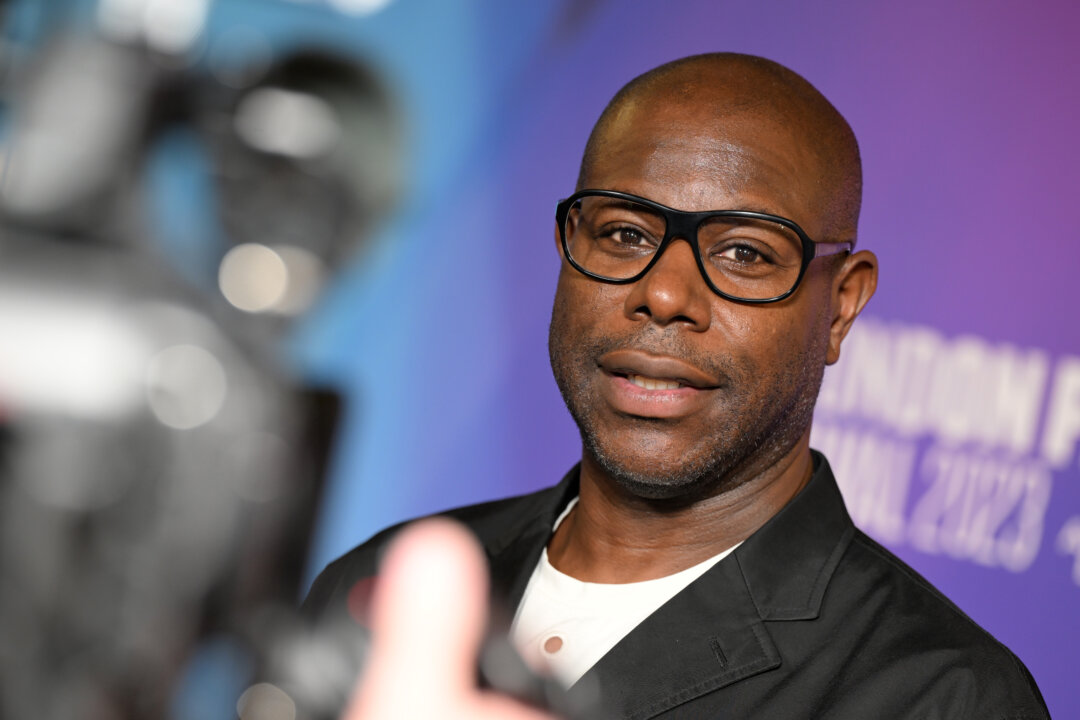British film director Steve McQueen underscored the importance of early cancer screenings two years after overcoming his own battle with prostate cancer. McQueen, 55, promptly underwent surgery to remove the tumor. “[Doctors] discovered that I had developed this cancer, this tumor, a small tumor, and therefore obviously caught it very, very, early.
I delayed the shoot by two weeks and then had the procedure,” he told the publication on Nov. 14—two years to the day of the operation. “Blitz,” a historical war drama starring Saoirse Ronan, Elliot Heffernan, and Harris Dickinson, premiered in select theaters across the United States and UK earlier this month.
The film, set in London during World War II, will stream globally via Apple TV+ on Nov. 22. Aside from skin cancer, the disease is the most common type of cancer in males.
It is estimated that about one out of every eight men will be diagnosed with prostate cancer at some point in their life, with approximately one in 44 succumbing to the disease. However, a man’s susceptibility to prostate cancer can vary greatly depending on a variety of factors, such as his age. Those under 40 years of age are less likely to develop the disease, with about 60 percent of prostate cancer diagnoses occurring in men aged 65 and older.
Race can also play a factor in the prevalence of the disease. “One in four Black men will get prostate cancer, and one in 12 Black men will die of prostate cancer,” McQueen noted. The nearly two-.


















